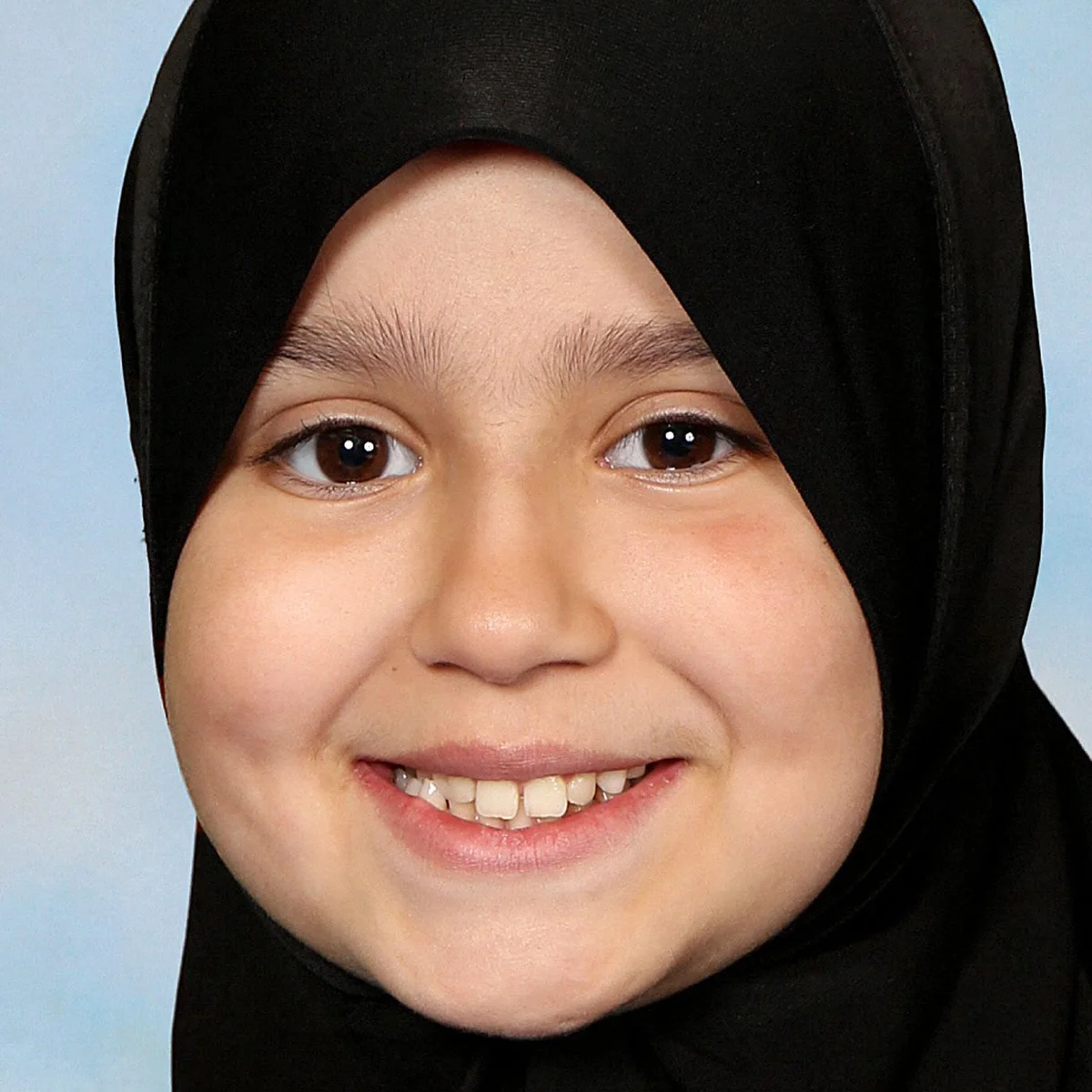
Sara Sharif’s Father Attacked in Prison After Being Jailed for Murdering His 10-Year-Old Daughter
Urfan Sharif, who was sentenced to life imprisonment for the murder of his 10-year-old daughter Justice Sara Sharif, has been assaulted in Belmarsh Prison. The incident reportedly left him with slashes to his face and body, requiring medical attention and stitches.
A spokesperson for the Prison Service confirmed the attack, stating, “Police are investigating an assault on a prisoner at HMP Belmarsh on 1 January. It would be inappropriate to comment further while the investigation is ongoing.Similarly, a representative of the Metropolitan Police added, “Officers are probing an allegation that a prisoner was assaulted at Belmarsh. The 43-year-old suffered non-life-threatening injuries.” Local medical care was provided to Sharif within the prison following the attack.
Background of the Case
Urfan Sharif and Sara’s stepmother, Beinash Batool, were sentenced to life imprisonment in December after being convicted of Sara’s murder. The court uncovered years of relentless abuse and cruelty at the family home in Woking, Surrey, which ultimately culminated in the young girl’s death.
During the trial, the court heard harrowing details of the torment Sara endured. She was repeatedly beaten, burned, bitten, and restrained, experiencing “unimaginable pain, Justice,misery, and anxiety,” according to the prosecution. Mr. Justice Cavanagh, who presided over the case at the Old Bailey, described the abuse as “torture.”
Sharif received a minimum term of 40 years behind bars, while Batool was sentenced to a minimum of 33 years. Faisal Malik, Sara’s uncle, was also convicted for his role in the tragedy. Found guilty of causing or allowing Sara’s death, Malik was sentenced to 16 years in prison.
Judge’s Remarks on the Case
In a televised sentencing, Justice Cavanagh condemned the actions of Sharif, Batool, and Malik. He described Sara’s death as the culmination of years of neglect and frequent assaults, which took place openly and in the presence of other family members.
Addressing Sharif directly, the judge said Justice : “You treated Sara in such a way because you considered it your right to impose harsh discipline on her. Sara was a brave, feisty, and spirited child. She stood up to you, refusing to be submissive as you wanted her to be Justice .”
He further noted that Sara’s resilience and spirited nature were met with increasingly cruel punishments, leading to her untimely death.
A System Under Scrutiny
The case has sparked widespread outrage and raised questions about the role of authorities in protecting vulnerable children. Prime Minister Rishi Sunak has acknowledged that there are “questions to be answered” regarding the circumstances that allowed the abuse to go unchecked for so long.
Child protection experts have also criticized systemic failures, pointing out that Sara’s plight unfolded in plain sight. Despite the warning signs, interventions that might have saved her life were either insufficient or nonexistent.
The case has also reignited debates surrounding homeschooling regulations. Sara’s tragic death coincides with a record number of children being homeschooled in the UK, which some experts argue can make it harder to monitor at-risk children.
Sara’s Legacy
Sara Sharif’s mother, who was not implicated in the abuse, described her daughter’s murderers as “sadists and executioners” during the sentencing hearing. She called for justice and urged authorities to ensure such tragedies do not happen again.
The 10-year-old is remembered as a spirited and courageous child who, even in the face of immense adversity, refused to lose her sense of self. Her death has become a poignant reminder of the importance of vigilance in protecting vulnerable children from harm.
As investigations into the prison assault on Urfan Sharif continue, public attention remains focused on the broader failures that led to Sara’s on Justice death. Her case serves as a tragic yet powerful call for systemic reform to prevent similar horrors in the future.